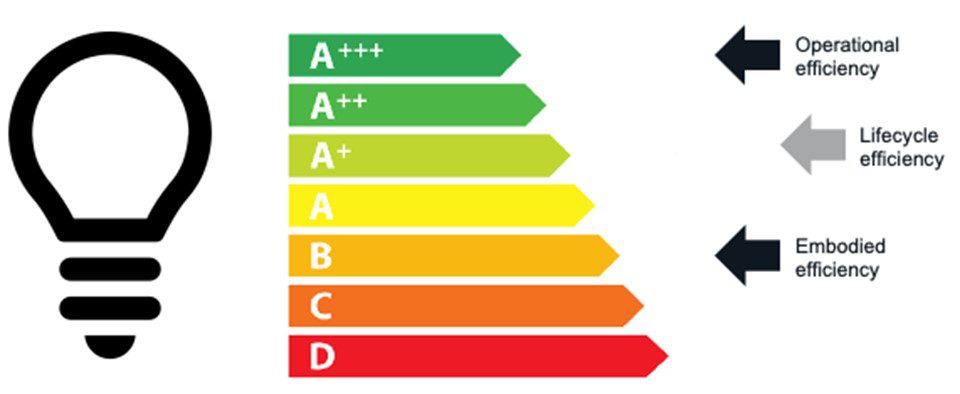RKD’s response follows an invitation from Ireland’s Department of Enterprise, Trade and Employment and Department of Environment, Climate and Communications.
In March 2022, the European Commission published its proposal for a new Ecodesign for Sustainable Products Regulation (ESPR). The proposed ESPR is the cornerstone of the Commission’s approach to more environmentally sustainable and circular products, and builds on the existing Ecodesign Directive, which currently only covers energy-related products.
To help inform the Irish position on negotiations on the European Commission’s proposed ESPR, Ireland’s Department of Enterprise, Trade and Employment and Department of Environment, Climate and Communications jointly invited submissions through a public consultation process.
RKD’s Sustainability + Research team harnessed extensive practical knowledge of sustainable design across a wide range of sectors and project types to develop a concise submission around 5 key themes:
1. Approach – the “how”: How are products going to be rated? Acknowledging the success and familiarity of existing energy-related product information graphics, our concept adapts and expands this approach for applicability to all products.  2. Information – the “what”: What information do products need to disclose? Providing specifiers and designers with better information improves decision making. However, too much information can overburden manufacturers and specifiers alike. It is therefore important that research is conducted to identify the type and quantum of information necessary for a given product group.
2. Information – the “what”: What information do products need to disclose? Providing specifiers and designers with better information improves decision making. However, too much information can overburden manufacturers and specifiers alike. It is therefore important that research is conducted to identify the type and quantum of information necessary for a given product group.
3. Intended Lifetime: This theme addresses the question of how long a product should, and can, last. More material upfront may increase a product’s durability and life expectancy, but it will also add additional embodied energy and carbon.
4. Sustainable Procurement: Procuring sustainable products requires access to relevant high-quality databases. RKD’s response references a selection of key open sources of information such as EPD Ireland, whose accessible information on construction products is exemplary.
5. Consistency: Successful implementation of the proposal will require consistency across related regulations. With RKD’s focus on design of the built environment and the construction sector in general, the submission specifically references the Construction Products Regulation.
The response represents RKD’s backing of the development of a consistent EU-wide approach for the assessment of sustainable construction- and building-related products, which will promote the procurement of sustainable products that live their intended lifetimes and which embed transparent information.
Download the Response Document here: